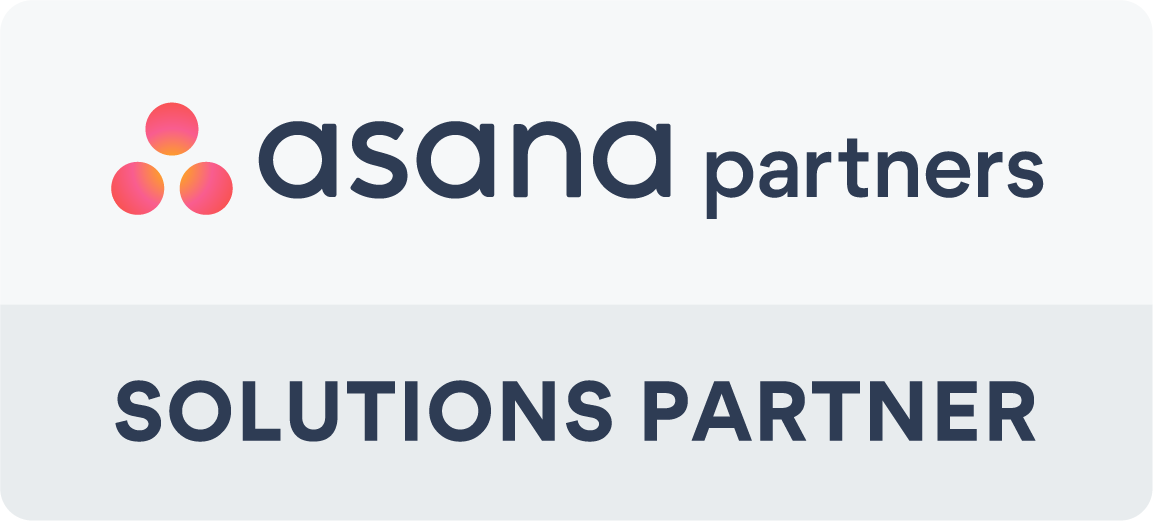This McKinsey report discusses the transformative potential of generative AI, highlighting its ability to significantly boost productivity across various sectors. Generative AI applications, such as ChatGPT and GitHub Copilot, are revolutionizing tasks from data organization to creative content generation. This technology could add $2.6 trillion to $4.4 trillion annually to the global economy. Major impacts are expected in customer operations, marketing, sales, software engineering, and R&D, with substantial benefits for industries like banking, tech, and life sciences. However, successful implementation requires careful management of risks and workforce adaptation. For more details, you can read the full report here.
Here are some of the Key Insights:
Unlocking Trillions: The Generative AI Revolution
Generative AI is poised to be a game-changer for the global economy, potentially adding $2.6 trillion to $4.4 trillion annually. To put this into perspective, the UK's GDP in 2021 was $3.1 trillion. This surge in economic value could increase the impact of all AI by 15-40%, and even more if generative AI integrates into existing software.
Key Areas of Impact
About 75% of this value will emerge from four main areas: customer operations, marketing and sales, software engineering, and R&D. Generative AI can revolutionize these fields by enhancing customer interactions, creating marketing content, and automating coding tasks.
Industry Transformations
Industries like banking, high tech, and life sciences stand to gain significantly. For instance, generative AI could add $200 billion to $340 billion annually to the banking sector alone. Retail and consumer goods could see an uplift of $400 billion to $660 billion a year.
Work Automation and Productivity
Generative AI is set to reshape work by automating tasks that currently occupy 60-70% of employees' time. This leap in automation capability, primarily due to the AI's natural language processing, will especially affect knowledge work. As a result, the potential for automating work activities could arrive a decade earlier than previously estimated, potentially automating half of today’s work activities between 2030 and 2060.
Workforce Transformation
To harness generative AI's potential, significant investments in workforce adaptation are essential. This includes reskilling workers and managing transitions as certain roles evolve or disappear. If managed well, generative AI could boost labor productivity by 0.1 to 0.6 percent annually through 2040 and combine with other technologies to enhance overall productivity growth by 0.5 to 3.4 percentage points annually.
Navigating the Future
While the promise of generative AI is vast, realizing its full benefits will take time and effort. Business and societal leaders must address challenges such as managing risks, identifying necessary new skills, and redesigning business processes.
Generative AI is just beginning to reshape our world, and the journey ahead holds much promise and many challenges.



